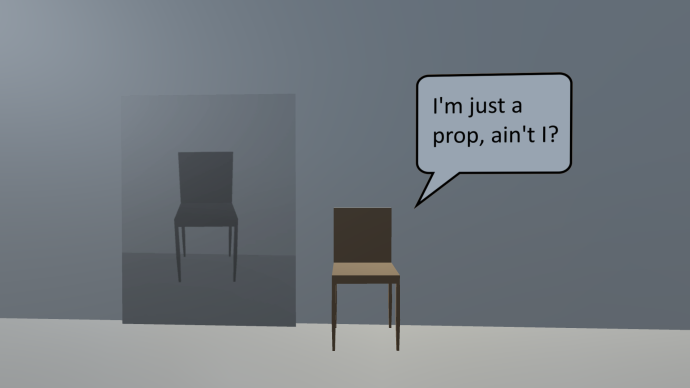As a child I spent an obscene amount of time playing three virtual pinball tables. I’ve forgotten this, or maybe it’s been mentally blocked. I am earnestly talking about twenty hours or more playing Pinball on the NES, 3D Pinball for Windows – Space Cadet for, uh, windows, (yeah that default windows pinball game that isn’t actually 3D) and the casinopolis stage in Sonic Adventure. Pinball, being adapted from analog arcade games, can’t really deviate from a specific ruleset, otherwise it’s not pinball. Its simplicity manifests longstanding and sharp game design ethos. I want to try to unpack some relationships pinball has in a broader sense of gamedev.
Pinball is presented, viewed, and arranged very similarly to single table score attack games, like Breakout or Space Invaders. This is evidence of something analog, hundreds of years old, obviously influencing how we play today. It sounds silly like this but we wouldn’t have R-Type without pinball! While the concept of a score attack arcade game shifts depending on platform demands and influence from material history, pinball is just pinball. Such a strict adherence is an anomaly in game subgenres and mediums.
